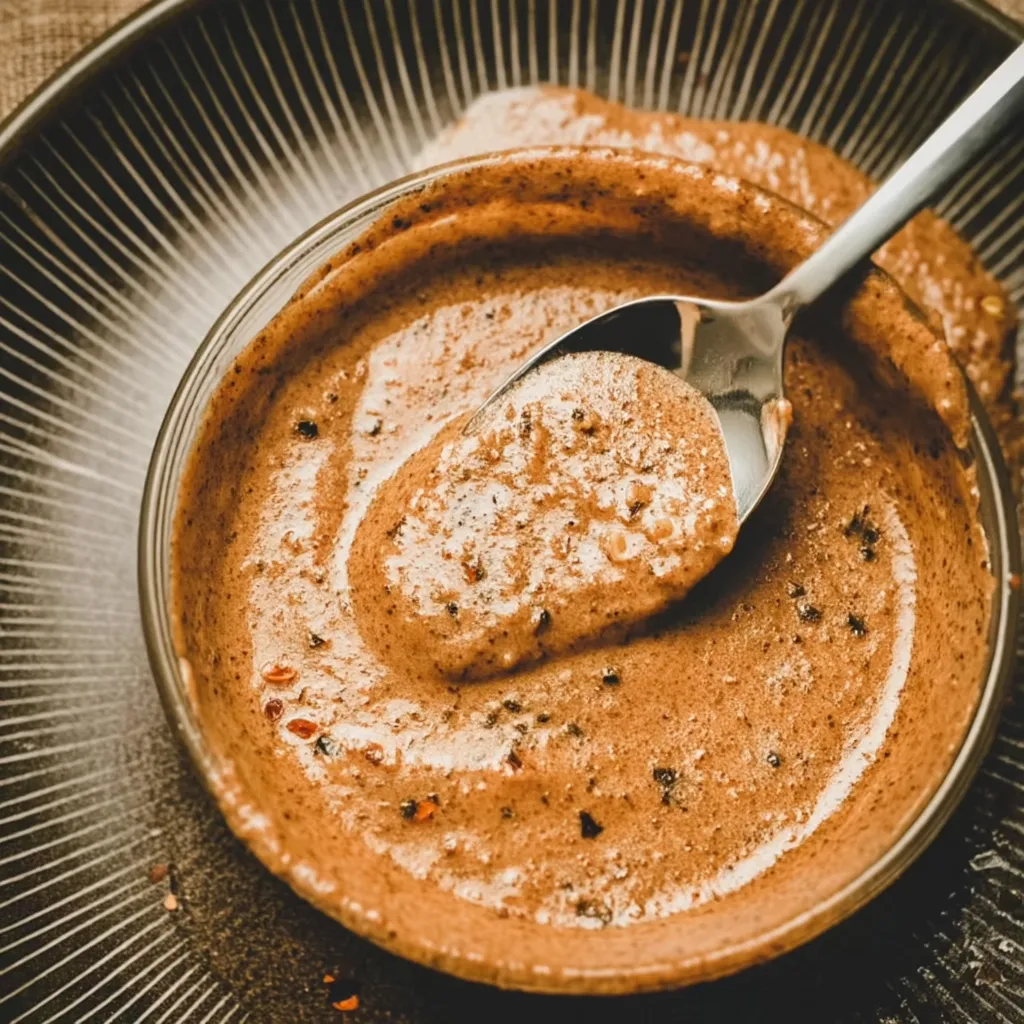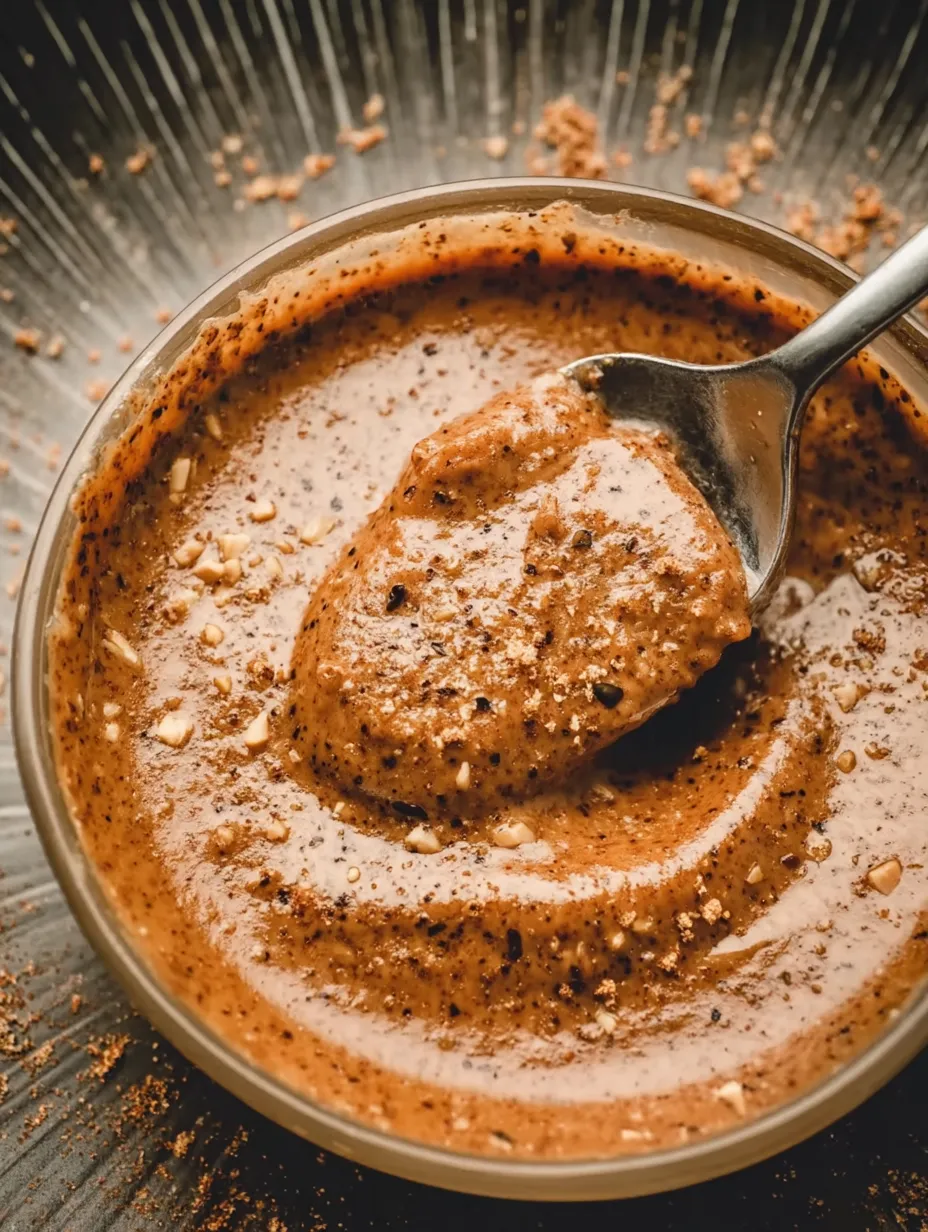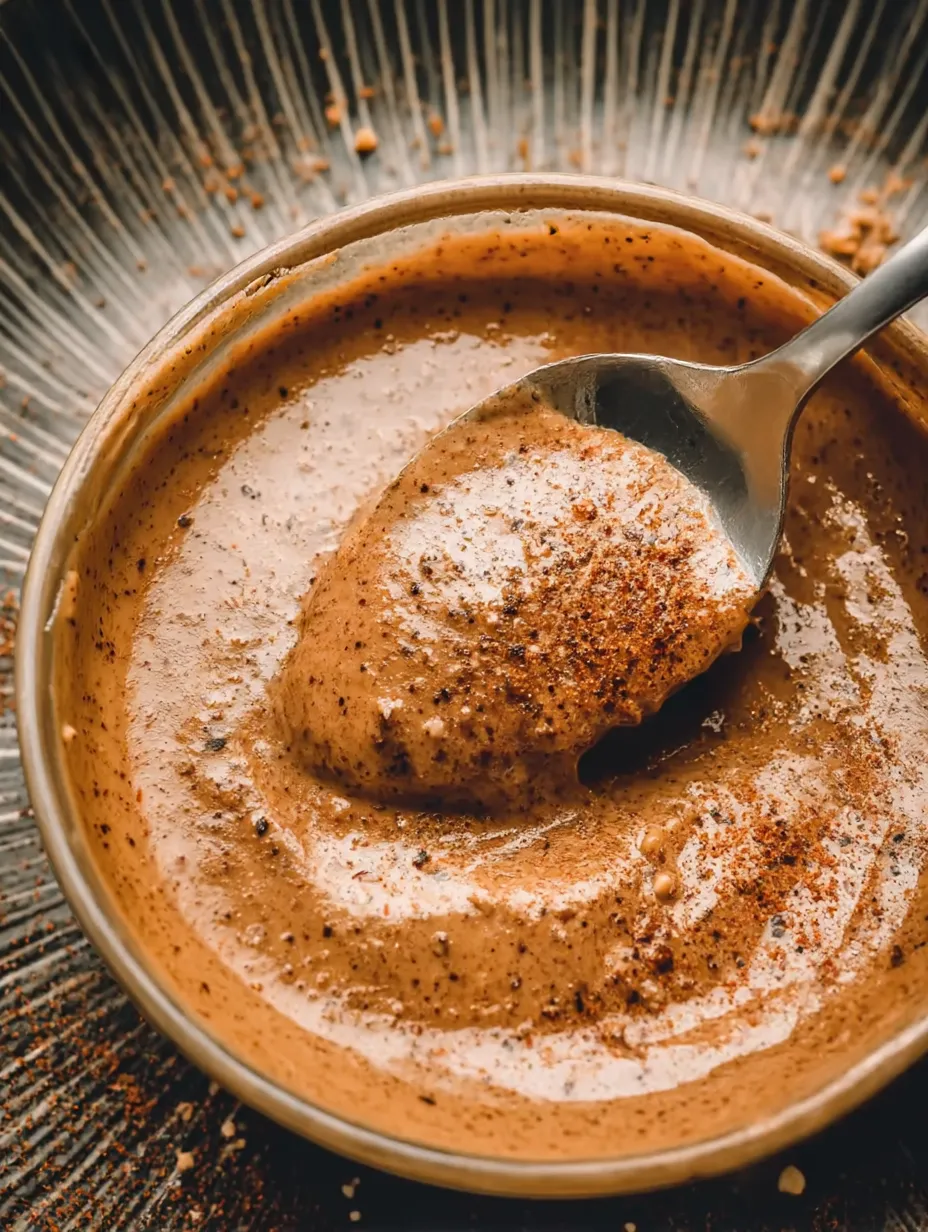 Pin it
Pin it
This silky smooth homemade praline paste transforms simple desserts into gourmet creations with its rich, caramelized nut flavor. I developed this recipe after spending a fortune on store-bought versions, realizing I could make a superior product at home for a fraction of the cost.
I first made this praline paste when preparing a special birthday cake for my mother who adores hazelnut flavors. The aroma of roasting nuts and caramelizing sugar brought her into the kitchen immediately, and she couldn't stop sneaking spoonfuls before I could even use it in the cake!
Ingredients
- Hazelnuts: raw 200g or 1 1/2 cups. Provides that distinctive nutty flavor that makes authentic praline paste so special. Look for plump hazelnuts without cracks.
- Almonds: raw 200g or 1 1/2 cups. Creates a balanced flavor profile and helps achieve the perfect texture. Choose unblanched almonds for deeper flavor.
- Sugar: 250g or 1 1/4 cups. Caramelizes to create that distinctive praline flavor. Regular granulated sugar works perfectly.
- Water: 62ml or 1/4 cup. Helps dissolve the sugar evenly for proper caramelization. Use filtered water if your tap water has a strong taste.
Step-by-Step Instructions
- Preheat and Prepare:
- Turn your oven to 300°F or 150°C and arrange the raw almonds and hazelnuts in a single layer on a baking sheet. Make sure they're spread out evenly to ensure uniform roasting which is crucial for developing their flavor.
- Roast the Nuts:
- Place the baking sheet in the preheated oven and roast for approximately 20 minutes. You'll know they're done when you can smell their toasty aroma and they've turned slightly darker. Roasting awakens the essential oils in the nuts which is fundamental to a flavorful paste.
- Remove Skins:
- Once roasted immediately transfer the hot nuts to a clean kitchen towel and rub them vigorously. This friction will help loosen and remove most of the bitter skins especially from the hazelnuts. Don't worry if some skin remains as it adds character to the final paste.
- Make the Syrup:
- In a heavy bottomed saucepan preferably cast iron combine the water and sugar. Heat over medium flame until it begins to boil then continue cooking until the mixture reaches precisely 240°F or 116°C on a candy thermometer. This temperature ensures the perfect caramel consistency.
- Caramelize the Nuts:
- Add the roasted nuts to the hot syrup and stir continuously with a wooden spoon for about 20 minutes. The mixture will go through several stages first the sugar will crystallize and look grainy then it will slowly melt again and transform into a beautiful amber caramel coating every nut surface.
- Cool the Praline:
- Quickly spread the caramelized nuts onto a parchment lined baking sheet ensuring they're in a single layer. Allow them to cool completely which typically takes about 30 minutes. The praline must be entirely cool before proceeding or the paste will become greasy.
- Blend to Perfection:
- Break the cooled praline into smaller pieces and process in your food processor working in batches to prevent overheating. First the nuts will become a fine powder then with continued processing they'll release their oils and transform into a smooth flowing paste. This typically takes 5 to 8 minutes of processing.
- Store Your Creation:
- Transfer your freshly made praline paste into a clean glass jar with a tight fitting lid. The paste will thicken slightly as it cools to room temperature becoming perfectly spreadable.
 Pin it
Pin it
The moment that sealed my love for homemade praline paste was watching my daughter spread it on warm toast one morning. She closed her eyes with each bite, declaring it "liquid gold." That simple moment of pure enjoyment made all the stirring worthwhile, and now I always keep a jar ready in my pantry.
Make It Your Own
The beauty of homemade praline paste lies in its versatility. For a truly decadent version, try using all hazelnuts instead of the half-and-half mixture. The intensified hazelnut flavor creates a Nutella-like experience but with more sophisticated notes. Alternatively, experiment with macadamia nuts for a buttery, luxurious variation that pairs beautifully with white chocolate desserts.
 Pin it
Pin it
Perfect Pairings
This praline paste shines when swirled into homemade gelato or ice cream, creating ribbons of nutty caramel throughout. For an elegant dessert, sandwich it between layers of puff pastry and bake until golden. My personal favorite use is folding it into buttercream frosting for layer cakes—the praline flavor transforms a simple vanilla cake into something worthy of a Parisian patisserie.
Troubleshooting Tips
If your praline paste seems too thick, don't worry—this is easily remedied. Continue processing it for a few more minutes, as the natural oils from the nuts need time to release. The heat generated from extended blending will create the perfect consistency. If it's still too dry, adding a teaspoon of neutral oil like grapeseed can help achieve that silky texture without altering the flavor profile.
Storage Wisdom
Your homemade praline paste will stay fresh at room temperature for about two weeks when stored in an airtight container. For extended storage, refrigeration works wonderfully, preserving the paste for up to two months. Just bring it back to room temperature before using, as cold paste becomes quite firm. For the ultimate convenience, portion it into ice cube trays, freeze, then transfer the frozen cubes to freezer bags for up to six months of praline goodness on demand.
Frequently Asked Questions
- → How can I store praline paste?
Store praline paste in a glass jar with a tight lid at room temperature or in the refrigerator for several weeks.
- → Can I adjust the sweetness of the praline paste?
Yes, you can reduce the sugar amount by 100 grams to create a less sweet praline paste.
- → What is the best way to remove hazelnut skins?
After roasting hazelnuts, rub them in a clean cloth to remove the loose skins easily.
- → How do I achieve a smooth praline paste texture?
Blend the caramelized nuts in small batches using a food processor until the texture transitions from fine meal to smooth paste.
- → What kind of nuts can I use for variations?
Besides hazelnuts and almonds, you can experiment with other nuts like pecans, cashews, or walnuts for unique flavors.
